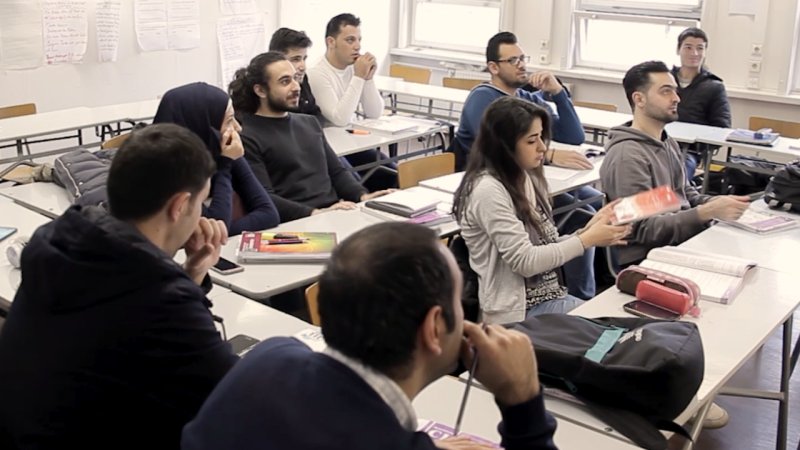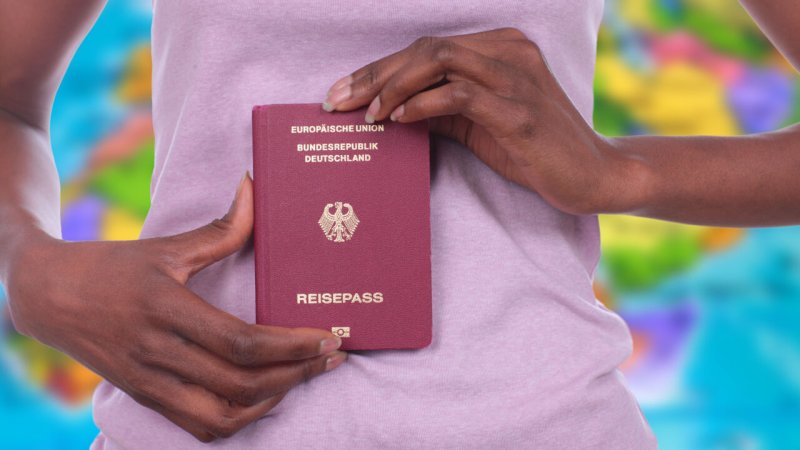Integration Courses
If you have recently arrived in Germany, you may find that the language is one of the biggest challenges to face. In order to interact with German authorities, study at university, do vocational training or find a job, you often need to be able to communicate in German. Knowing German also facilitate your settling down in Germany and enables you to connect to other German-speakers on a personal level.
In an integration course, not only you will acquire the language, but also learn quite a lot about German culture and society. In this page, you can find out what exactly an integration course is and whether you can take part in it – you will also learn about the offices which can potentially cover the respective costs.
Naturalisation
Many people who come to Germany think about applying for German citizenship eventually. With German citizenship, you can vote and also run for political office in Germany. Furthermore, you will be able to benefit from freedom of movement within the EU and can live and work in other countries in the European Union without a residence permit. With a German passport, you can also travel to many countries without a visa. Inside Germany, having German citizenship saves you from some administrative obligations, as you no longer have to go to the Immigration Office.
If your parents are German citizens or if you were born in Germany (provided your parents meet specific requirements), you will be automatically granted German citizenship. You will learn more in our chapter "Born in Germany". You can also obtain German citizenship without being born here or having parents who are German citizens. To do so, you need to go through a process called naturalisation ("Einbürgerung").
The new Naturalisation Act has been passed and came into force on 27 June 2024. These are the most significant changes, in brief:
Shortening of the residence period
- The required period of residence in Germany for entitlement to naturalisation has been reduced from 8 to 5 years.
- Those who are considered “particularly well-integrated” („besonderer Integrationsleistung“) can apply after 3 years of residence instead of 6.
Multiple nationality
Dual nationality and multiple citizenship are now permitted for ALL. This was previously only possible for people with certain nationalities.
Relief for certain groups of people
Former guest workers and contract workers do not have to provide written proof of B1 German language skills and do not need to take the naturalisation test. It is sufficient if they can communicate well verbally.
Extension of the commitment to the free democratic basic order
A new addition is the acknowledgement of Germany's responsibility for the Holocaust, in particular for the protection of Jewish life.
Fewer exceptions to securing livelihood
Only a few people are now exempt from the requirement for securing a livelihood. Learn more in the section "What requirements must I meet for naturalisation?"

